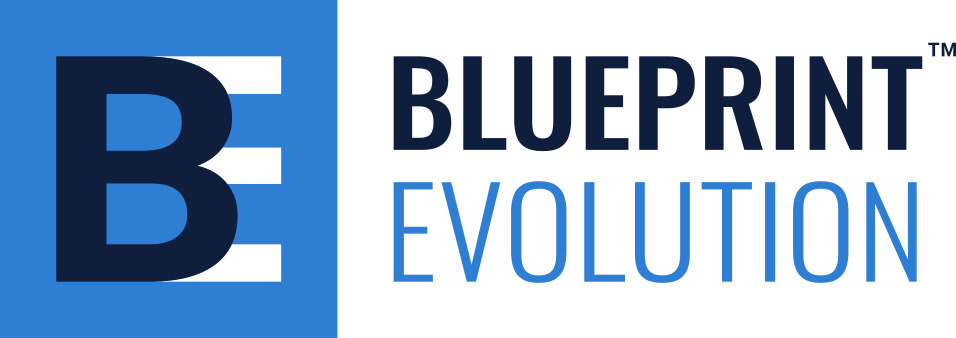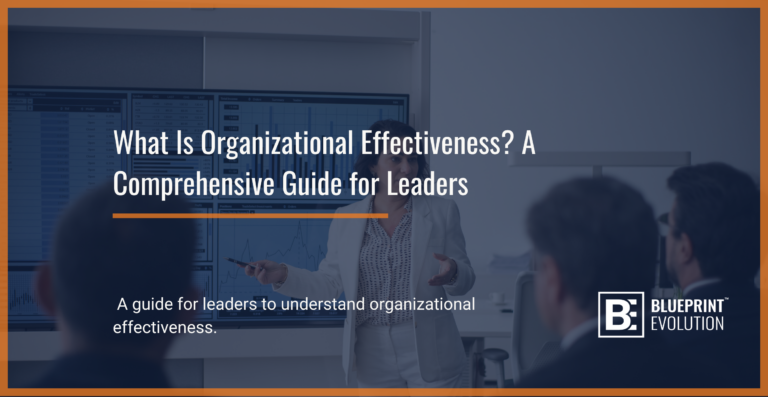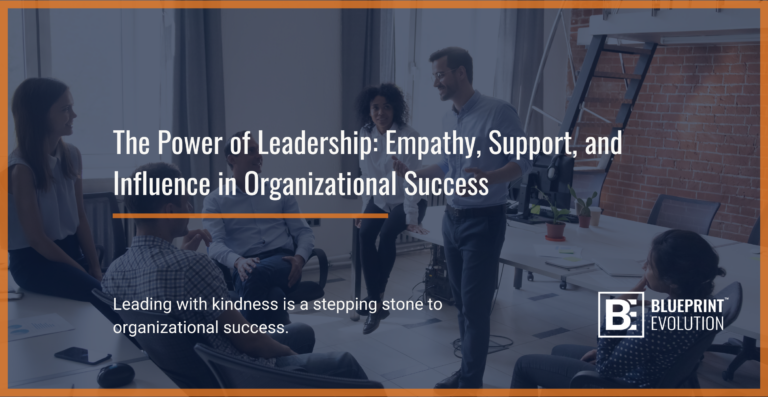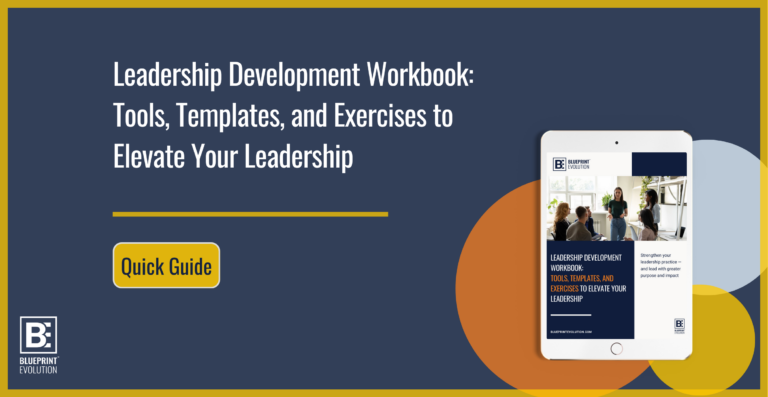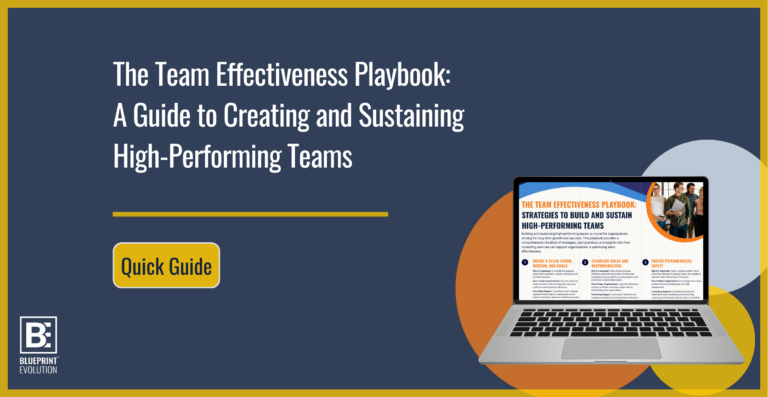Leadership Development Consulting: Unlocking Potential
In today’s world, the demand for strong, innovative leaders is more critical than ever. Our Leadership Development Consulting service is dedicated to identifying and nurturing leadership potential within your organization. Through customized leadership training, mentorship programs, and coaching, we prepare individuals not just to assume leadership roles but to excel in them.
Why Leadership Development Matters
Statistics highlight the critical importance of strategic leadership development. Recent studies reveal that companies with robust leadership programs achieve business outcomes 86% more effectively than those without such initiatives. Additionally, 71% of companies that outperform their competitors attribute their success to prioritizing leadership development.
Effective leadership development is crucial for ensuring organizations cultivate a pipeline of capable leaders who can guide their teams toward achieving strategic objectives. This not only promotes a culture of excellence and innovation but also significantly enhances team effectiveness.

The Blueprint Difference
Our approach to Leadership Development Consulting includes:
- Tailored Leadership Training: Customized training programs designed to enhance specific leadership skills relevant to your business needs.
- Mentorship Programs: Connecting emerging leaders with experienced mentors within the industry to guide their growth and development.
- Personalized Coaching: One-on-one coaching sessions focusing on personal and professional growth, helping individuals to overcome challenges and excel in leadership positions.
Through these targeted strategies, we ensure that your leaders are well-equipped to foster a collaborative and innovative work environment. Reach out to learn more today.
OUR TALENT DEVELOPMENT AND TEAM EFFECTIVENESS SOLUTIONS

Focusing on identifying and nurturing leadership potential within the organization. This involves providing tailored leadership training, mentorship programs, and coaching to develop individuals for leadership roles. Effective leadership development ensures that the organization has qualified leaders who can guide teams towards achieving strategic objectives, fostering a culture of excellence and innovation.
Developing comprehensive strategies to attract, select, and onboard new talent effectively. This includes designing inclusive recruitment and hiring processes, defining clear job roles, and ensuring a smooth integration of new employees into the organizational culture. A robust talent acquisition and recruitment strategy helps attract diverse skill sets and perspectives, strengthening the team’s capabilities and adaptability.
Establishing systematic processes to set clear performance expectations, assess employee performance, provide constructive feedback, and support professional growth. This involves implementing goal-setting frameworks, conducting regular performance reviews, and identifying development opportunities aligned with individual and team objectives. Effective performance management enhances accountability, productivity, and employee satisfaction, contributing to overall team effectiveness.
Creating a culture of continuous learning and fostering active employee engagement in their professional growth. This encompasses offering various learning opportunities, such as training programs, workshops, mentorship initiatives, and coaching to enhance skills and competencies. Providing avenues for employees to contribute ideas, take on challenging assignments, and participate in decision-making processes promotes a sense of ownership and commitment. Employee development and engagement initiatives maximize individual potential, cultivate a high-performance culture, and drive overall team effectiveness.
Identifying and nurturing individuals within the organization who demonstrate potential to fill key leadership positions. Succession planning involves assessing talent, providing targeted development opportunities, and creating career pathways to ensure a pipeline of capable leaders. By proactively preparing for leadership transitions, organizations mitigate risks associated with talent gaps, ensuring continuity and stability in team performance.
- Leadership Development & Coaching
-
Focusing on identifying and nurturing leadership potential within the organization. This involves providing tailored leadership training, mentorship programs, and coaching to develop individuals for leadership roles. Effective leadership development ensures that the organization has qualified leaders who can guide teams towards achieving strategic objectives, fostering a culture of excellence and innovation.
- Talent Acquisition & Recruitment
-
Developing comprehensive strategies to attract, select, and onboard new talent effectively. This includes designing inclusive recruitment and hiring processes, defining clear job roles, and ensuring a smooth integration of new employees into the organizational culture. A robust talent acquisition and recruitment strategy helps attract diverse skill sets and perspectives, strengthening the team’s capabilities and adaptability.
- Performance Management
-
Establishing systematic processes to set clear performance expectations, assess employee performance, provide constructive feedback, and support professional growth. This involves implementing goal-setting frameworks, conducting regular performance reviews, and identifying development opportunities aligned with individual and team objectives. Effective performance management enhances accountability, productivity, and employee satisfaction, contributing to overall team effectiveness.
- Talent Development & Engagement
-
Creating a culture of continuous learning and fostering active employee engagement in their professional growth. This encompasses offering various learning opportunities, such as training programs, workshops, mentorship initiatives, and coaching to enhance skills and competencies. Providing avenues for employees to contribute ideas, take on challenging assignments, and participate in decision-making processes promotes a sense of ownership and commitment. Employee development and engagement initiatives maximize individual potential, cultivate a high-performance culture, and drive overall team effectiveness.
- Succession Planning
-
Identifying and nurturing individuals within the organization who demonstrate potential to fill key leadership positions. Succession planning involves assessing talent, providing targeted development opportunities, and creating career pathways to ensure a pipeline of capable leaders. By proactively preparing for leadership transitions, organizations mitigate risks associated with talent gaps, ensuring continuity and stability in team performance.
ORGANIZATIONAL MANAGEMENT SOLUTIONS
Recent Blogs
Check out our other content on this topic!
